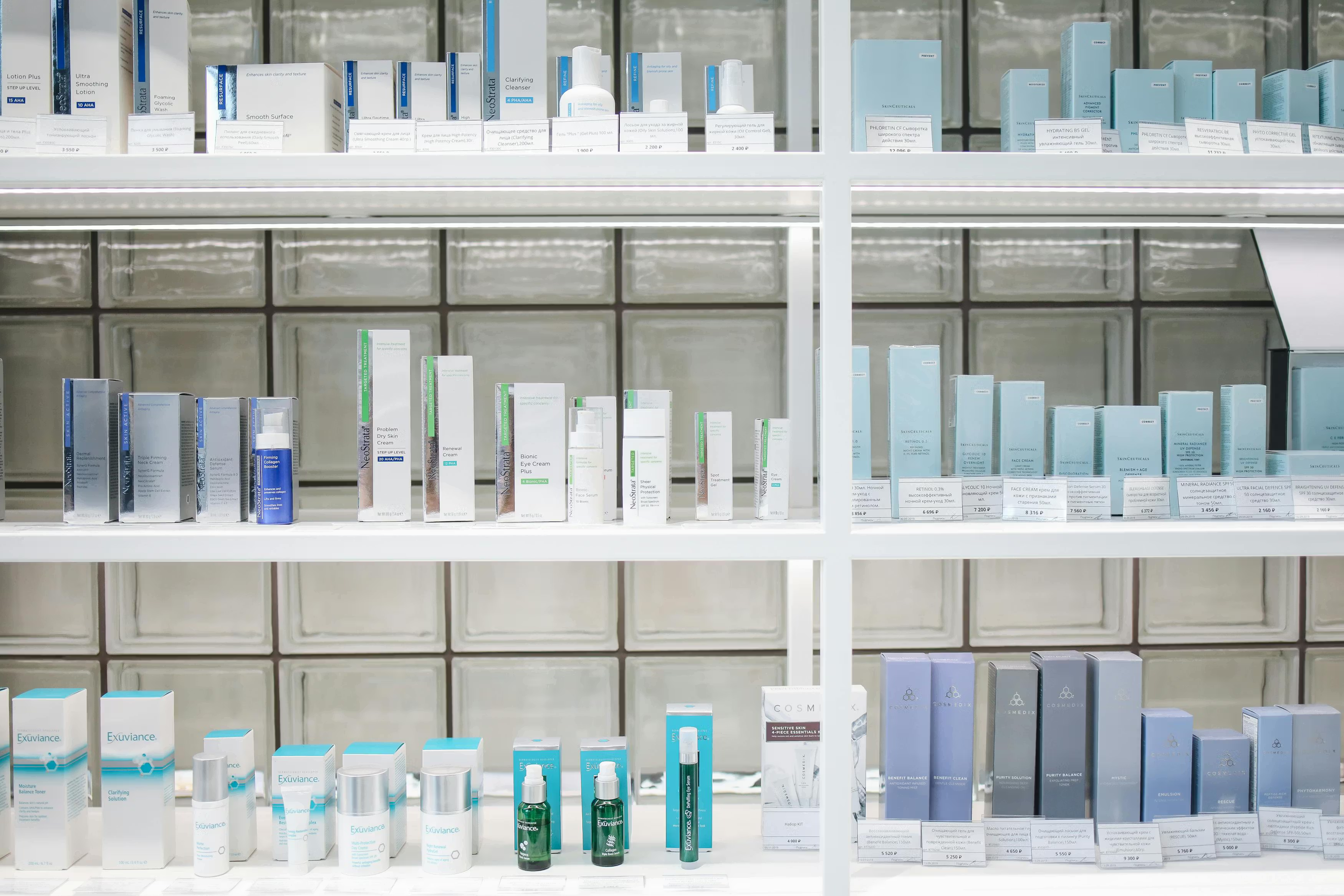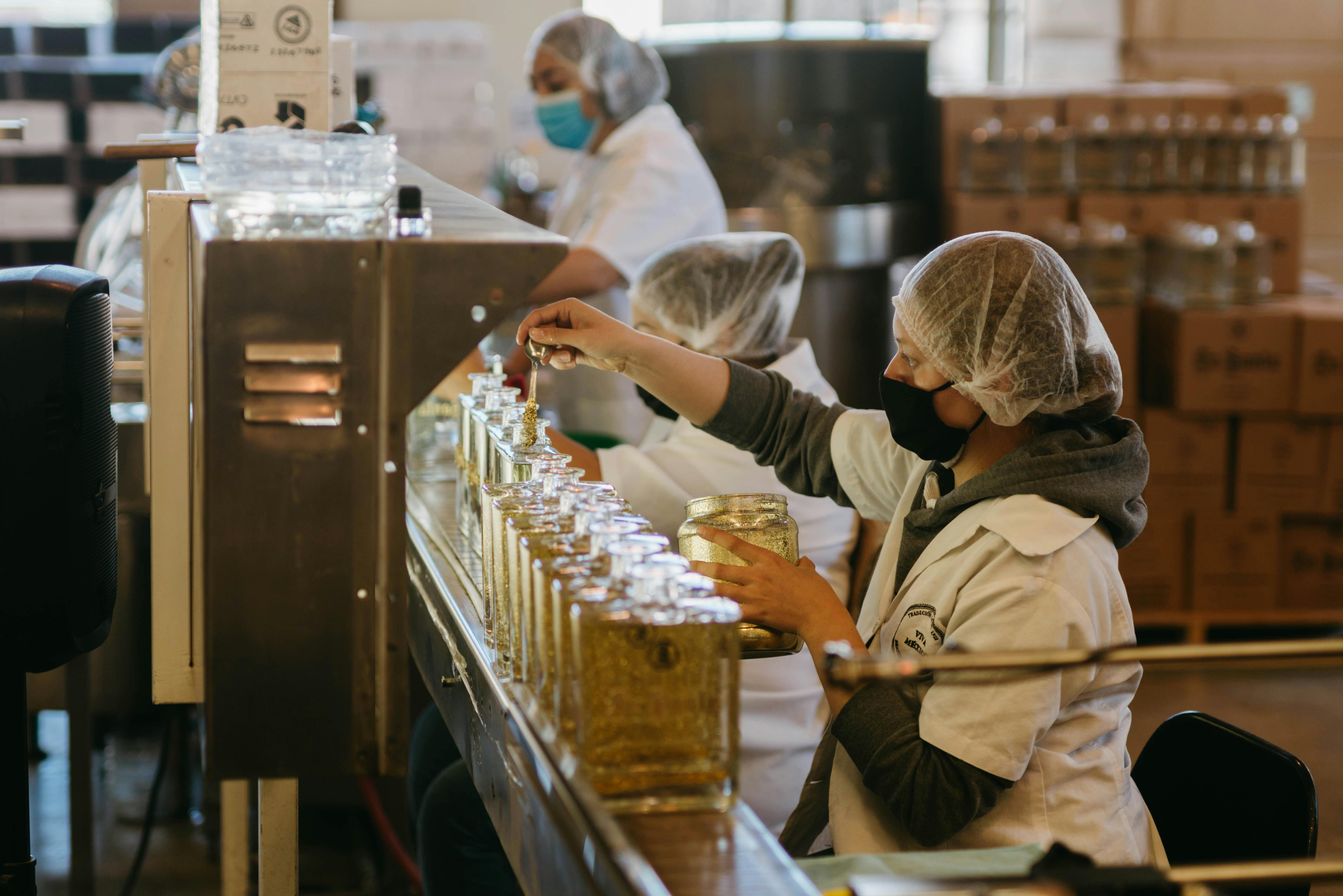Decoding Certifications for Your Personal Care Products: A Beginner's Guide

For personal care brands deeply committed to minimizing their environmental impact and contributing to a healthier planet, specific sustainable personal care certifications provide credible validation and resonate with environmentally conscious consumers. These certifications address various aspects of a product's lifecycle, from ingredient sourcing and formulation to packaging and overall carbon footprint.
Let's explore key areas of environmental sustainability and the certifications that align with them:
1. Achieving Net Zero Emissions
Recognizing the urgency of climate change, achieving net-zero emissions signifies a commitment to balancing the greenhouse gases your brand releases into the atmosphere with the amount removed. This demonstrates leadership in environmental responsibility and appeals to consumers concerned about their carbon footprint.
Goal: Neutralize your brand's overall carbon emissions.
Relevant Certifications: Carbon Trust Neutral
Why this certification helps: This certification provides a verified process to measure and reduce greenhouse gas emissions throughout a product’s life cycle. It is particularly relevant to personal care brands with manufacturing or supply chains that contribute to emissions, offering consumers confidence that your product is actively reducing its climate impact.
2. Sustainable Forest Management for Packaging
The sourcing of paper and cardboard for packaging can have significant environmental consequences, including deforestation and habitat loss. Choosing sustainably sourced materials ensures that your packaging comes from responsibly managed forests, promoting biodiversity and ecological health.
Goal: Ensure that all paper-based packaging originates from sustainable sources.
Relevant Certification: Forest Stewardship Council (FSC) Certification
Why this certification helps: The FSC label guarantees that paper and cardboard packaging materials come from responsibly managed forests. For personal care brands that rely on secondary packaging like cartons and boxes, this certification signals that your packaging avoids contributing to deforestation and biodiversity loss.
3. Promoting a Circular Economy through Recycled Content
Utilizing recycled materials in packaging reduces the demand for virgin resources, conserves energy, and minimizes waste sent to landfills. This contributes to a circular economy where materials are kept in use for as long as possible.
Goal: Incorporate a significant percentage of recycled materials into your product packaging.
Relevant Certifications: Global Recycled Standard
Why these certifications help: This certification provides independent verification of recycled material content and tracks it through the supply chain. It assures consumers that your packaging diverts waste from landfills and supports a circular economy—especially important in categories like shampoo bottles, jars, and tubes.
4. Minimizing End-of-Life Environmental Impact through Biodegradability and Compostability
Traditional packaging can persist in the environment for hundreds of years. Choosing biodegradable or compostable materials allows packaging to break down naturally, reducing pollution and the burden on landfills.
Goal: Ensure that your product packaging can decompose naturally in specific environments.
Relevant Certifications: Cradle to Cradle
Why these certifications help: Cradle to Cradle evaluates materials for their ability to safely biodegrade or be reused in new products. For personal care brands, this supports choices like compostable wrappers, dissolvable pods, or recyclable containers—addressing the end-of-life impact that’s often overlooked in beauty and skincare packaging.
5. Sustainable Ingredient Sourcing and Processing
The way ingredients are sourced and processed can have significant environmental impacts, including habitat destruction, water depletion, and pollution. Choosing sustainably sourced and processed ingredients minimizes these negative effects.
Goal: Utilize sustainably sourced plant-based ingredients.
Relevant Certifications: While not a single overarching "sustainable ingredient" certification exists for all personal care ingredients, look for certifications related to the sustainable sourcing of specific ingredients. For example:
- Rainforest Alliance: Certifies various agricultural products, ensuring sustainable farming practices.
- Fair Trade Certifications: While primarily focused on social aspects, they often include environmental considerations in their standards.
- Organic Certifications: Support agricultural practices that avoid synthetic pesticides and herbicides, contributing to soil health and biodiversity.
Why these certifications help: These certifications verify that raw ingredients are cultivated using environmentally responsible practices. They also promote soil health, water conservation, and fair labor, helping personal care brands prove that their sourcing decisions support sustainable agriculture.
6. Water Stewardship
Water is a precious resource, and its use in ingredient production and manufacturing can have significant environmental impacts, especially in water-stressed regions. Brands committed to sustainability strive to minimize their water footprint and promote responsible water management.
Goal: Reduce water consumption in your production processes and ensure responsible water management throughout your supply chain.
Relevant Certifications: Compact by Design
Compact by Design recognizes products that reduce excess air and water in packaging and formulations—resulting in smaller, more efficient shapes that require less water to produce, ship, and store. For personal care brands, this often means concentrated or waterless products that contribute to water conservation while also lowering emissions from transportation.
7. Not Sure Where to Start? Start Simple.
If you're unsure which sustainability goal to prioritize first, you’re not alone. With so many areas to address—carbon emissions, packaging materials, ingredient sourcing—it’s easy to feel stuck. But sustainability doesn't have to start with a grand overhaul. A helpful first step is to look at what other sustainability-focused brands are doing. Their approaches can reveal common priorities in your industry and spark ideas that feel right for your own products. The key is to start with small, manageable actions that build confidence and direction.
Goal: Identify easy, actionable ways to improve your sustainability practices—without needing a consultant or certification expert.
- Look at Your Packaging: Is it recyclable, reusable, or made with recycled content? If not, that’s a great area to start exploring improvements. Try swapping out plastic for paper, or reduce unnecessary layers.
- Check Your Labels and Ingredients: Are your ingredients natural, organic, or plant-based? Are any of them commonly associated with deforestation or overuse of water (like palm oil)? Start by highlighting a few ingredients you can source more responsibly.
- Read Competitor Packaging: See what sustainability claims other personal care brands are making. Do they highlight being plastic-free, climate neutral, or certified organic? What resonates with you as a consumer? Look for well-known labels like FSC Certification, Climate Neutral Certified, and Certified B Corp—these signal a credible level of sustainability achievement and can offer insight into how your own products might stand out or improve.
- Pick One Thing to Improve: Maybe it's switching to FSC-certified boxes, reducing water in your formulations, or removing unnecessary packaging. Focusing on one small change helps build momentum.
Why this helps: These actions don't require deep technical knowledge—but they start developing your sustainability mindset. Once you’ve taken a few of these steps, patterns will emerge. You’ll begin to understand where your biggest opportunities lie—and then you can consider certifications that align with those specific efforts.
Choosing the Right Sustainable Personal Care Certifications
The best personal care certifications for your brand will depend on your specific environmental goals, the nature of your products, your supply chain, and the values of your target audience. Carefully consider which areas of environmental impact are most relevant to your brand and which certifications will provide the most credible and impactful way to communicate your commitment to sustainability.
Certifications can also help unlock new retail opportunities. Programs like Target Zero at Target and Sephora Clean + Planet Aware recognize brands that meet strict environmental and ingredient standards. Earning relevant certifications can help your products qualify for these curated programs—leading to increased shelf visibility, stronger brand positioning, and access to new customer segments. In a crowded market, these distinctions can make a significant difference in both perception and performance.
Whether your goal is reducing carbon emissions, improving packaging, or sourcing ingredients more responsibly, certifications serve as a trusted signal of your efforts—and a strategic tool for growth.
Ready to get certified?
CarbonBright's AI-powered LCAs provide businesses with the expert analysis needed to measure their environmental footprint accurately. We guide companies through the complexities of sustainability certifications ensuring they are well-prepared for a more transparent future.
Contact CarbonBright to make smarter, greener choices today.



